
The self-driving technology company announced Wednesday plans to begin testing in Austin and Miami this summer.
Earlier this week, the National Highway Traffic Safety Administration requested more information from Zoox to aid its probe into rear-end crash risks posed by unexpected braking.
Zoox also didn’t say when it aims to remove the safety driver or begin commercial operations in Austin or Miami.
The plans to test in Austin and Miami come as Zoox gears up for its first commercial launch.
The company won’t be testing those vehicles on public roads in Austin or Miami, just yet.
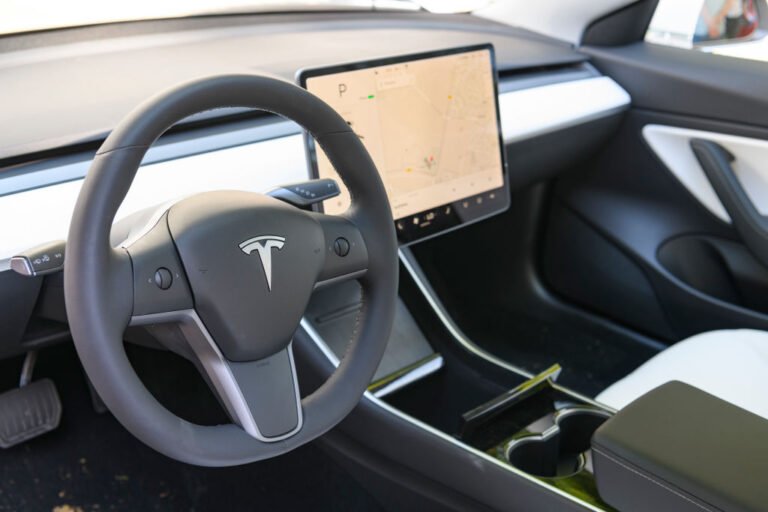
Tesla has slashed the price of its Full Self-Driving (FSD) software subscription to $99 per month, down from $199 per month, as the electric vehicle maker aims to boost adoption of its advanced driver assistance system ahead of first-quarter earnings.
The price cut comes a couple of weeks after Tesla launched a free one-month trial of FSD for every customer in the U.S. with a compatible Tesla.
The FSD price cut comes the same week that Tesla released more tweaks to its latest V12 version of the software to certain users.
More drivers with FSD doesn’t only mean more money for Tesla.
Tesla might also be angling for more training data so it can meet CEO Elon Musk’s promise to unveil a Tesla robotaxi in August.

This “deepened” partnership will focus on commercial self-driving Ram delivery vans, a target that was first announced in 2020 and promptly faded from public view.
Discussions on this “improved” deal have focused, in part, on a crux around driverless delivery: how does the package get from the vehicle to the customer?
Waymo, which is owned by Google parent-company Alphabet, currently doesn’t operate a commercial delivery service using its self-driving vehicles.
That deal did include a future plan to include delivery via Uber Eats, but as of today, it has not launched, according to a Waymo spokesperson.
Under the deal, Fiat Chrysler — now known as Stellantis — would handle the manufacturing and provide Waymo with minivans that built in redundancies designed for autonomous driving.
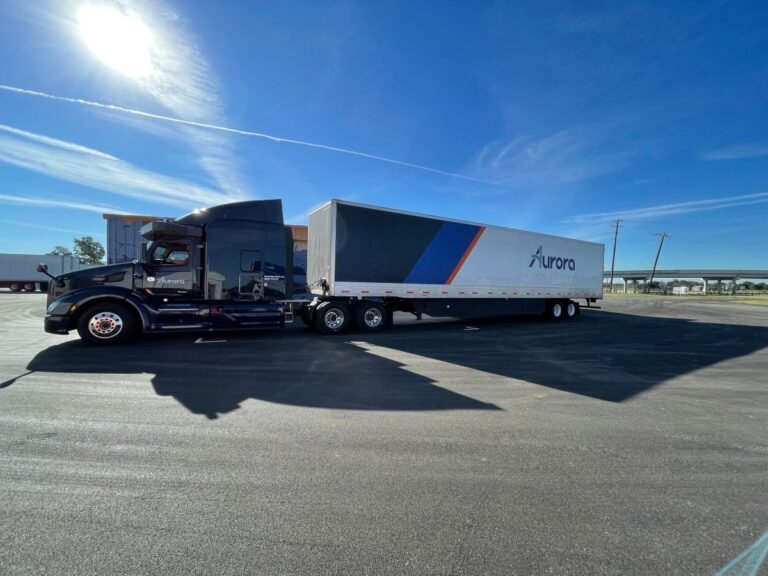
Aurora Innovation, the autonomous vehicle technology company aiming to launch a “driverless” self-driving trucks business by the end of 2024, laid off dozens of workers this month, according to sources familiar with the action.
Aurora employed about 1,800 workers as of the end of 2023, according to the company.
Aurora is also working with automotive supplier Continental on a more than $300 million project to mass produce autonomous vehicle hardware for commercial self-driving trucks.
Developing autonomous vehicle technology that is safe enough for public roads has proven to be an expensive endeavor that has led to numerous startups shutting down or being acquired.
Kodiak Robotics, which is privately held; Torc Robotics; and Sweden’s Einride are also working on self-driving trucks.
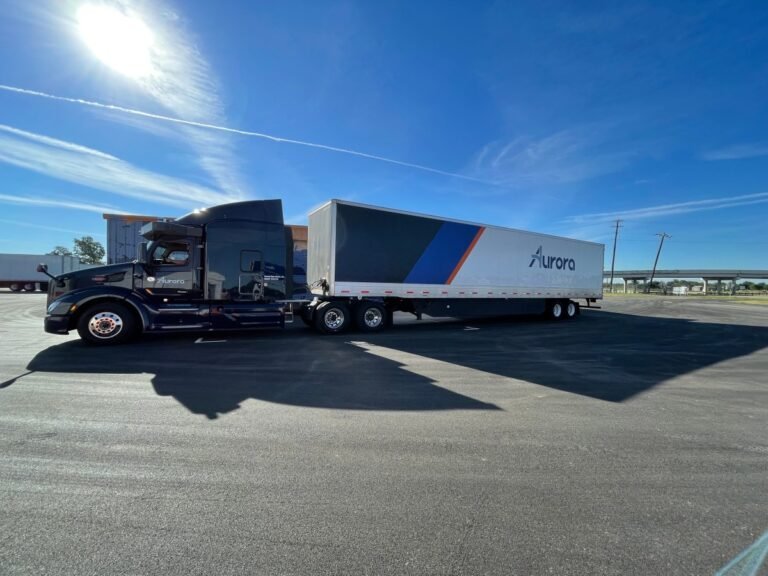
Aurora Innovation, the autonomous vehicle technology company aiming to launch a “driverless” self-driving trucks business by the end of 2024, laid off dozens of workers this month, according to sources familiar with the action.
Aurora employed about 1,800 workers as of the end of 2023, according to the company.
Aurora is also working with automotive supplier Continental on a more than $300 million project to mass produce autonomous vehicle hardware for commercial self-driving trucks.
Developing autonomous vehicle technology that is safe enough for public roads has proven to be an expensive endeavor that has led to numerous startups shutting down or being acquired.
Kodiak Robotics, which is privately held; Torc Robotics; and Sweden’s Einride are also working on self-driving trucks.

Aurora Innovation, the autonomous vehicle technology company aiming to launch a “driverless” self-driving trucks business by the end of 2024, laid off dozens of workers this month, according to sources familiar with the action.
Aurora employed about 1,800 workers as of the end of 2023, according to the company.
Aurora is also working with automotive supplier Continental on a more than $300 million project to mass produce autonomous vehicle hardware for commercial self-driving trucks.
Developing autonomous vehicle technology that is safe enough for public roads has proven to be an expensive endeavor that has led to numerous startups shutting down or being acquired.
Kodiak Robotics, which is privately held; Torc Robotics; and Sweden’s Einride are also working on self-driving trucks.
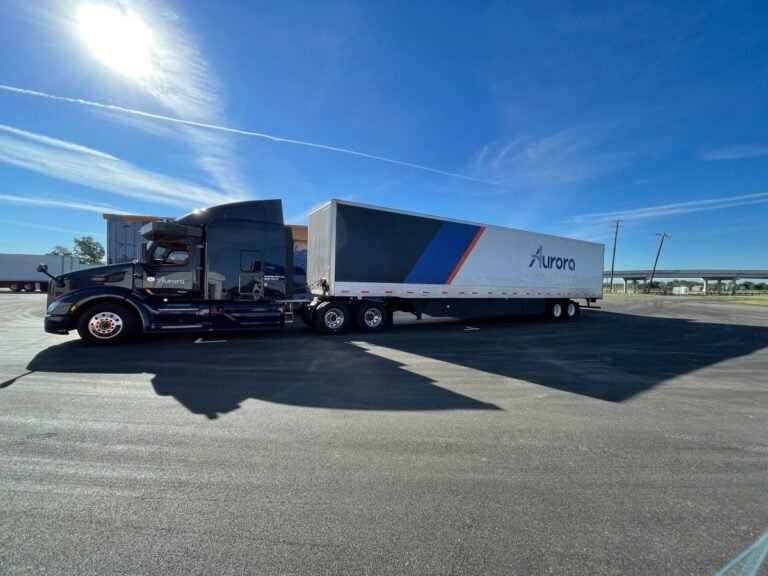
Aurora Innovation, the autonomous vehicle technology company aiming to launch a “driverless” self-driving trucks business by the end of 2024, laid off dozens of workers this month, according to sources familiar with the action.
Aurora employed about 1,800 workers as of the end of 2023, according to the company.
Aurora is also working with automotive supplier Continental on a more than $300 million project to mass produce autonomous vehicle hardware for commercial self-driving trucks.
Developing autonomous vehicle technology that is safe enough for public roads has proven to be an expensive endeavor that has led to numerous startups shutting down or being acquired.
Kodiak Robotics, which is privately held; Torc Robotics; and Sweden’s Einride are also working on self-driving trucks.
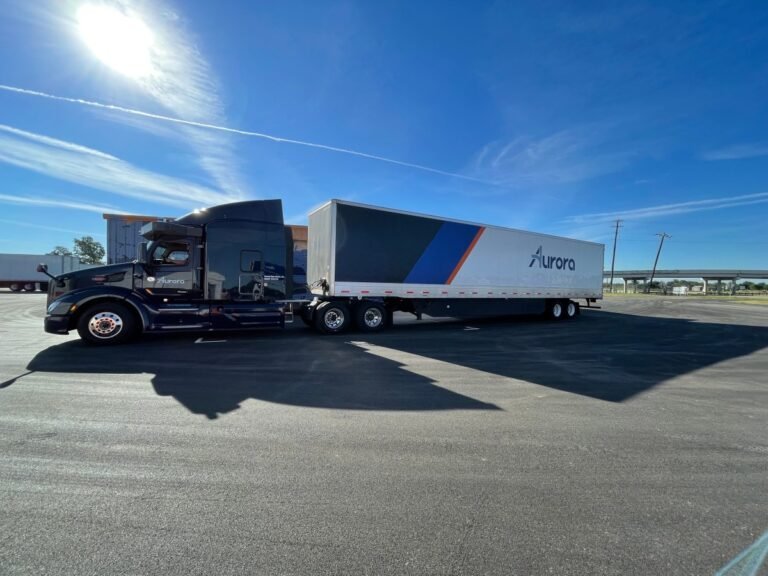
Aurora Innovation, the autonomous vehicle technology company aiming to launch a “driverless” self-driving trucks business by the end of 2024, laid off dozens of workers this month, according to sources familiar with the action.
Aurora employed about 1,800 workers as of the end of 2023, according to the company.
Aurora is also working with automotive supplier Continental on a more than $300 million project to mass produce autonomous vehicle hardware for commercial self-driving trucks.
Developing autonomous vehicle technology that is safe enough for public roads has proven to be an expensive endeavor that has led to numerous startups shutting down or being acquired.
Kodiak Robotics, which is privately held; Torc Robotics; and Sweden’s Einride are also working on self-driving trucks.
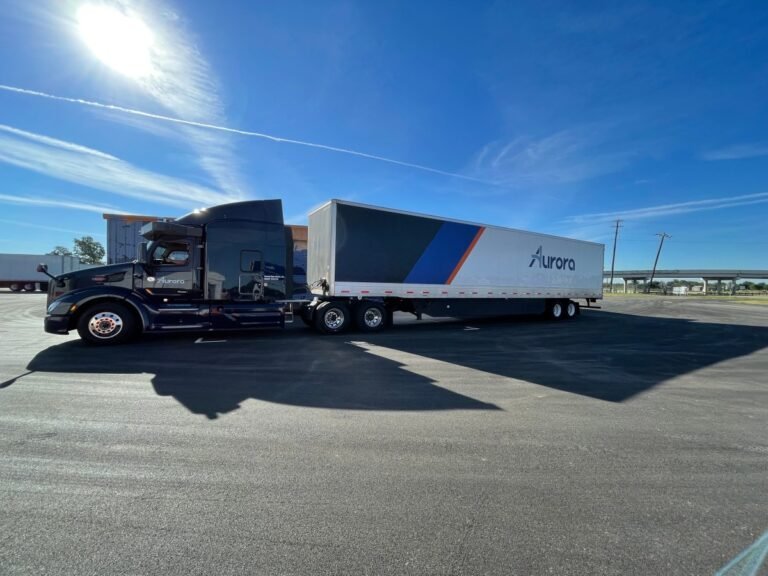
Aurora Innovation, the autonomous vehicle technology company aiming to launch a “driverless” self-driving trucks business by the end of 2024, laid off dozens of workers this month, according to sources familiar with the action.
Aurora employed about 1,800 workers as of the end of 2023, according to the company.
Aurora is also working with automotive supplier Continental on a more than $300 million project to mass produce autonomous vehicle hardware for commercial self-driving trucks.
Developing autonomous vehicle technology that is safe enough for public roads has proven to be an expensive endeavor that has led to numerous startups shutting down or being acquired.
Kodiak Robotics, which is privately held; Torc Robotics; and Sweden’s Einride are also working on self-driving trucks.
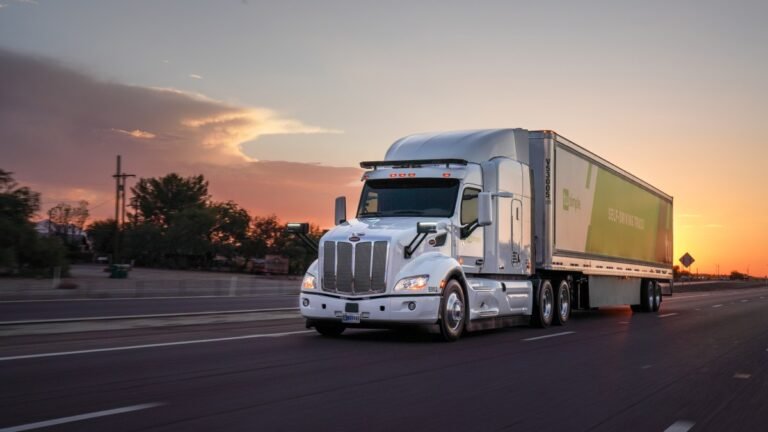
Ten of TuSimple’s autonomous big rigs are set to be auctioned off later this month, just a few weeks after the self-driving trucking startup that went public in 2021 announced it was exiting the U.S. market.
The trucks, along with a slew of research and development equipment and office supplies, will be sold off in two online auctions.
A spokesperson for the auction company confirmed 10 trucks will “initially” be sold.
The company went public in 2021 and was swiftly scrutinized by the Committee on Foreign Investment in the United States over its Chinese shareholders.
In December, the company said it would exit the U.S. altogether and laid off more than 150 workers as a result.













